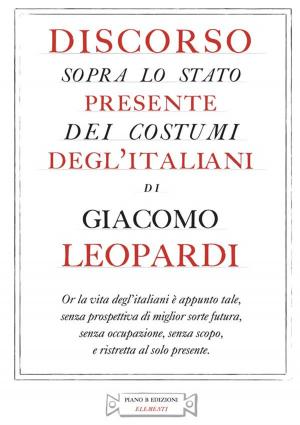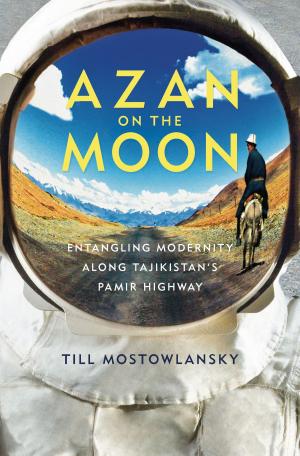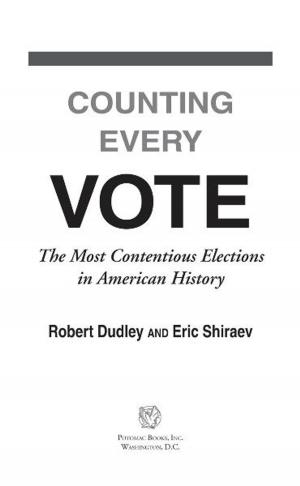The Future of the Word
Nonfiction, Reference & Language, Language Arts, Literacy, Social & Cultural Studies, Social Science| Author: | Chris Goodall | ISBN: | 9780956836830 |
| Publisher: | Crack Willow Press | Publication: | March 23, 2011 |
| Imprint: | Crack Willow Press | Language: | English |
| Author: | Chris Goodall |
| ISBN: | 9780956836830 |
| Publisher: | Crack Willow Press |
| Publication: | March 23, 2011 |
| Imprint: | Crack Willow Press |
| Language: | English |
The average young adult in the US reads for about 7 minutes a day and the figure isnt much higher in Britain. The last few decades have seen striking and nearly continuous falls in the amount of time individuals spend with books and other printed material. And perhaps as a result the average level of literacy in the British and US populations is declining: our ability to comprehend complex writing long words or sophisticated expressions is less than it was a few decades ago. Very surprisingly the rate of decline is fastest amongst the best educated segment of the population. Chris Goodalls readable and comprehensive book asks why this is happening. In an ever more demanding world he inquires why is our ability to understand and use the written word in gradual but apparently relentless retreat? Chris Goodalls The Future of the Word: Technology culture and the slow erosion of literacy examines the striking but largely unnoticed evidence from around the world. Using the latest research results from neuroscientists from academics who work on reading skills and from cultural analysts Goodall brings his commitment to scrupulous research to demonstrate how modern society is making it almost impossible for people to engage in deep reading. Not only are people reading less but they now consume the written word in a more cursory and less reflective way. The author has lost control of the reader: we all tend to skip across the page searching exclusively for what is relevant to us rather than trying to understand the writers point of view or memorise her arguments. There is a strong tendency to say that this doesnt matter. We longer need to read and to learn because all the information that we could possibly need is instantaneously available to us through electronic gadgets. The argument of Goodalls book is that this complacency is mistaken. Reading deeply helps us develop a framework and an intellectual structure to which we can add new ideas or opinions. The internet gives us orphaned facts but the reading of books or long articles gives us understanding. As importantly deep reading trains our brains to cope with complex ideas much as an athlete trains his muscles with repeated exercise. Goodall discusses the convincing scientific evidence that truly proficient literacy a skill which is in sharp decline helps improve other cognitive capabilities and may even improve IQ. If we dont go to the literacy gym often enough he says our intellectual capabilities suffer. Chris Goodall is a well known writer on climate change and energy winning awards for his previous books and he is a regular commentator on scientific issues in newspapers in the UK and abroad. In an earlier part of his career he worked in television and other mass media. This book comes out of his fascination with how electronic technologies are affecting the way we think and live. Although the digital revolution has made life easier and has improved many of our cognitive skills he says it is reversing our ability to read and to comprehend complex ideas. Full of engaging reports of cutting-edge science surprising and informative analysis and written with clarity and pace Chris Goodalls The Future of the Word is the first attempt to bring rigour to questions that many of us worry about it: why do we find it more difficult to concentrate on the written word? And what can we do about it?
The average young adult in the US reads for about 7 minutes a day and the figure isnt much higher in Britain. The last few decades have seen striking and nearly continuous falls in the amount of time individuals spend with books and other printed material. And perhaps as a result the average level of literacy in the British and US populations is declining: our ability to comprehend complex writing long words or sophisticated expressions is less than it was a few decades ago. Very surprisingly the rate of decline is fastest amongst the best educated segment of the population. Chris Goodalls readable and comprehensive book asks why this is happening. In an ever more demanding world he inquires why is our ability to understand and use the written word in gradual but apparently relentless retreat? Chris Goodalls The Future of the Word: Technology culture and the slow erosion of literacy examines the striking but largely unnoticed evidence from around the world. Using the latest research results from neuroscientists from academics who work on reading skills and from cultural analysts Goodall brings his commitment to scrupulous research to demonstrate how modern society is making it almost impossible for people to engage in deep reading. Not only are people reading less but they now consume the written word in a more cursory and less reflective way. The author has lost control of the reader: we all tend to skip across the page searching exclusively for what is relevant to us rather than trying to understand the writers point of view or memorise her arguments. There is a strong tendency to say that this doesnt matter. We longer need to read and to learn because all the information that we could possibly need is instantaneously available to us through electronic gadgets. The argument of Goodalls book is that this complacency is mistaken. Reading deeply helps us develop a framework and an intellectual structure to which we can add new ideas or opinions. The internet gives us orphaned facts but the reading of books or long articles gives us understanding. As importantly deep reading trains our brains to cope with complex ideas much as an athlete trains his muscles with repeated exercise. Goodall discusses the convincing scientific evidence that truly proficient literacy a skill which is in sharp decline helps improve other cognitive capabilities and may even improve IQ. If we dont go to the literacy gym often enough he says our intellectual capabilities suffer. Chris Goodall is a well known writer on climate change and energy winning awards for his previous books and he is a regular commentator on scientific issues in newspapers in the UK and abroad. In an earlier part of his career he worked in television and other mass media. This book comes out of his fascination with how electronic technologies are affecting the way we think and live. Although the digital revolution has made life easier and has improved many of our cognitive skills he says it is reversing our ability to read and to comprehend complex ideas. Full of engaging reports of cutting-edge science surprising and informative analysis and written with clarity and pace Chris Goodalls The Future of the Word is the first attempt to bring rigour to questions that many of us worry about it: why do we find it more difficult to concentrate on the written word? And what can we do about it?















